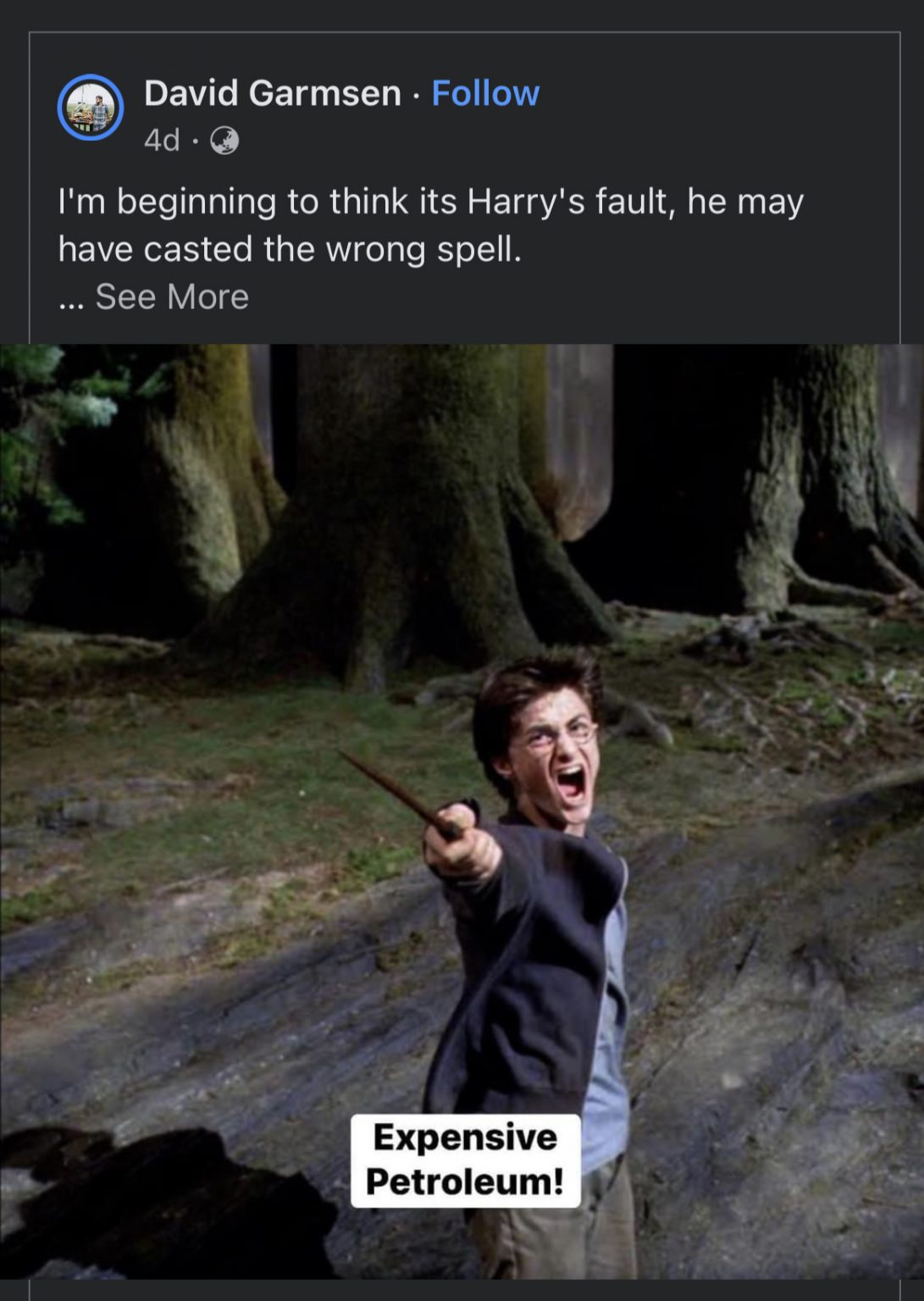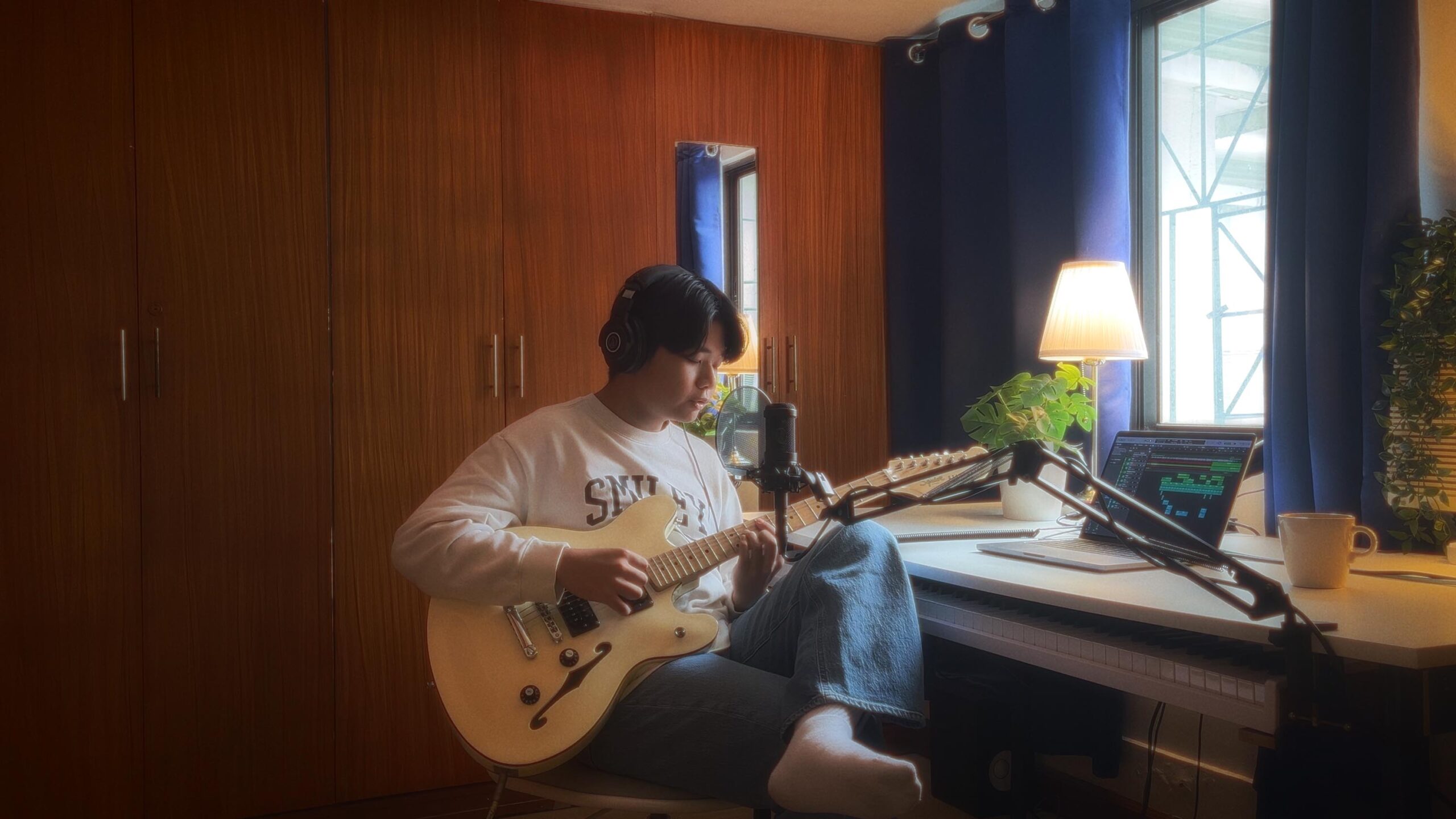
It took time for us to find our means to express our opinions. Now it is our means to protest

These days, when I scroll through social media, I see not only aesthetically pleasing posts, I see politics. I see newsworthy matters. Social media has become a means to be politically aware. If you are active in social media, you will see posts geared towards something political. Social media is a free space where people can share whatever they please. But it has evolved into more than just a place to share personal pictures and random status updates. It has become a loud space.


Recently, while scrolling through my Instagram and Facebook, I see my friends and people that I follow share political news. Whether it’s about a candidate or about a calamity, they share it. People have gone beyond reading news into creating posts that tackle issues. In my Instagram are posts on facts about helping Iraq and now Ukraine, details about how I can donate. Facebook has a lot of memes about politicians, some sarcastic, others speaking of how they admire politicians. They make it sound fun. In some ways these posts help bring awareness. People want to be heard and they want to help. It’s their way of expressing themselves with action.



I used to hear my elders say that my generation hasn’t found itself in a political crisis, unlike what their generation experienced. They said we were more silent about politics compared to previous generations. But now, I see that we’ve started speaking out more. It just took time for us to find our means to express our opinions. Social media is our means to protest. I recall a time when people were posting about a law which would put people’s lives in danger. People were expressing their dislike by sharing stories and posts about the law. They shared their opinion and demanded that it be not approved. Sharing these kinds of posts is our way of protest and letting people know we have something to fight for.

But my question is, does it work?
If you use social media and have conversations with people on it and about its content, you get a basic understanding of how content works. There is an algorithm. Yes, people can use social media in any way they please but only a limited number of people can see it—people in your age group, friends and family see your posts. You are most likely surrounded by like-minded people. If you want to share your words, you must share it publicly, or you share a public post. Also, regarding the posts in your feed, social media shares curated content, posts that they believe you want to see. Like in my Facebook feed, the content I see is related to history, the 2022 elections, cultures, movies, and posts by friends and family.
Its message seems to last longer than street protests
So, when I scroll down through my social media, all I see is content from friends and platforms I would most likely enjoy or find interesting. It breeds a certain way of thinking. This goes for other people.

There are good things that come from social media. For one, its message seems to last longer than street protests, and your individual post reaches a lot more people. I’ve seen people sharing petitions and campaigns to raise awareness and donations for calamities, for instance. Or, people sign up petitions against some individuals, like this post giving details on how you could write to the International Criminal Court.
Also, through social media, people’s views reach politicians, the authorities, and experts of certain fields. These people look through posts to better understand citizens and formulate better policies and laws.

But there is a downside. Misinformation and fake news have been rampant. People use these platforms to get their ideas across; politicians use social media to their advantage. It’s both good and bad, they draw support even if they have questionable values. I believe that the politician you support speaks more of the values you would rather live with. I’ve watched some YouTube videos of certain politicians— informative but since it’s their perspective, it comes across as advertisement about them. And, it puts pressure on you. Why should this be bad? It forces people to share something they don’t feel like sharing or don’t believe in. People or social media users are also exposed to or placed under scrutiny by partisan people who read about their ideas. You are entering a lion’s den when you post your ideas in social media.

However, even given this downside, social media nonetheless has become a democratic space. When I see posts on conflicting beliefs, I realize how democracy is working. People expressing their political beliefs, posting a picture, writing a long status or caption, or choosing to keep silent—all this is making a statement. This time, to exercise their democratic freedom, people do more than just vote. They get heard as individuals. They even get to act and help! Why is this important? Because by doing so, we continue to practise our right to choose. We get to say how we want to live our lives.
Amid all this, I still have questions on my mind. Does it really work? What are the long-term effects of using social media? Are we making a big change by sharing these posts?
I think it will take some time for these questions to be answered. But I believe that social media continues to be a space where we get to speak our minds. For now, activism in social media remains one of the best—and worst—things.
Originally published in TheDiarist.Ph





